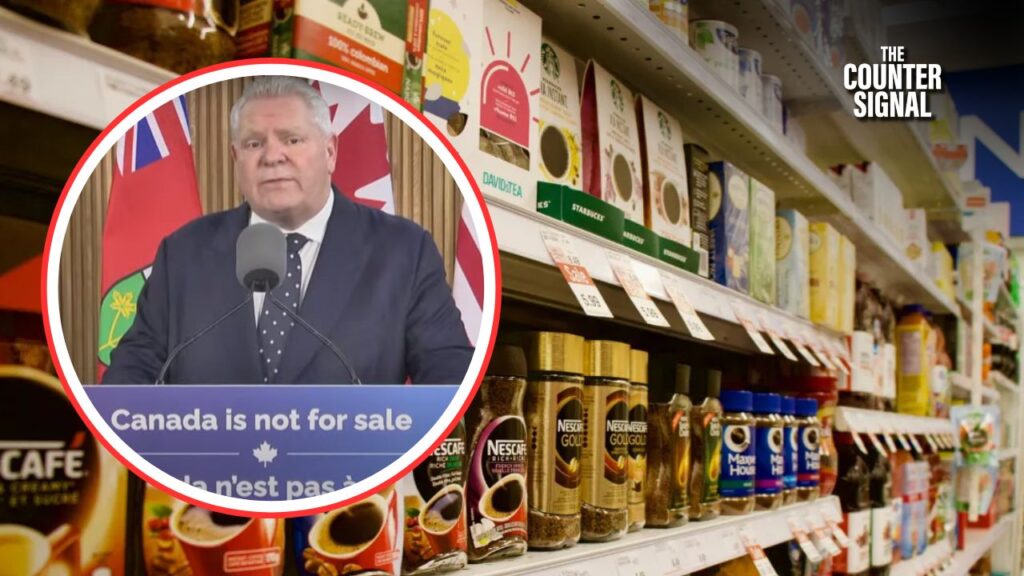In an unprecedented display of unity, Christian and Muslim communities joined hands with concerned parents in Ottawa in opposition to the Ottawa-Carleton District School Board’s (OCDSB) plan to force non-binary pronouns on all students.
The directive, issued to all staff, advised the use of ‘they/them’ pronouns for all students until their preferred pronouns were expressed. The move, viewed as an overreach by many parents, triggered a protest attended by more than 250 individuals.
"LEAVE OUR KIDS ALONE" – Muslims and Christians unite on the streets of Ottawa, trampling the Gender Ideology Flag. This is a turning point. Let kids be kids. pic.twitter.com/ATvXfzMPao
— Keean Bexte (@TheRealKeean) June 9, 2023
The email directive sent out by the OCDSB, aimed at fostering “inclusivity and belonging” according to spokesperson Darcy Knoll, met with considerable backlash. Anonymously speaking, one Ottawa mother, formerly associated with the OCDSB, expressed her shock, remarking that the emails from the board sounded more like “LGBTQ propaganda.” It was not a stand against inclusivity, she clarified, but against the erosion of open discussion and the propagation of a radical stance that silences any expression of doubt or differing opinion.
This is going to horrify Justin Trudeau. All of these proponents of childhood mastectomies and penectomies are officially on notice. The minority communities that have propped up your governments have finally had enough. pic.twitter.com/pLVMUsQ5XU
— Keean Bexte (@TheRealKeean) June 9, 2023
The directive, moreover, calls for LGBTQ identities to be incorporated into all classroom resources and curricula across all grade levels. The Ministry of Education had previously offered Ontario parents the option to opt out of sex education classes. However, the current directive effectively bypasses this opt-out option, causing further unease among parents.
In a show of silent protest, OCDSB saw high rates of absenteeism on the first day of Pride Month, with absences reaching above 60 percent in two of their schools and over 40 percent in nine others. Critics argue that this dissent from parents was more than a mere reaction to the heatwave or the desire for an extended weekend.
Earlier heated debates in OCDSB board meetings over the topic of gender-identity discussions and their age-appropriateness underlines the deepening rift between the school board and the parent community. Parents are not opposed to discussions about inclusivity and diversity. Rather, they are requesting the board to respect their right to express concerns without fear of being labeled or marginalized.










